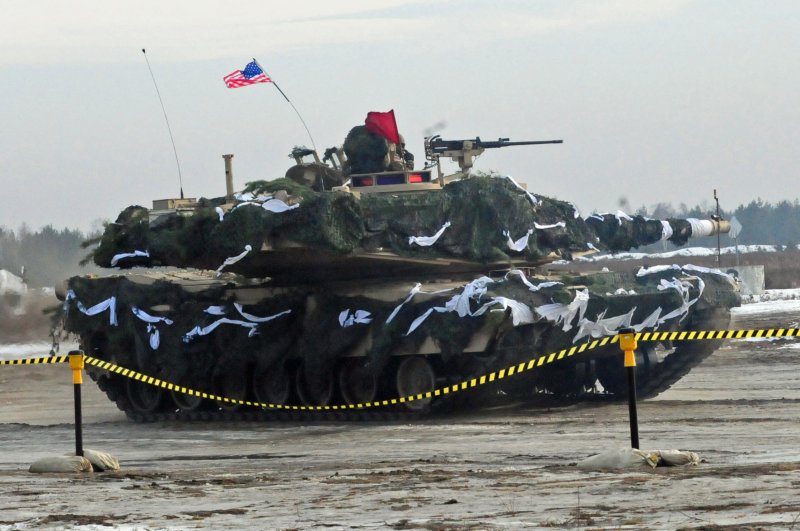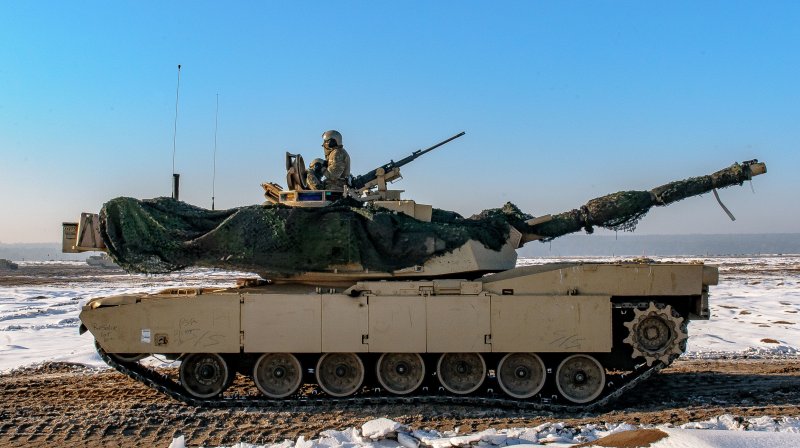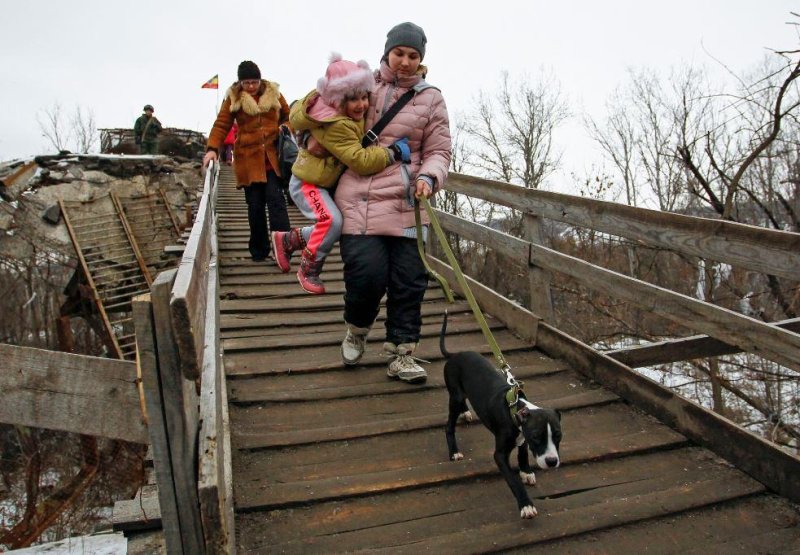This week they are to press other ministers of the Western military alliance to help them build an air defense system against Russian aircraft and missiles. However, that would be a highly sensitive step, likely to be condemned by Moscow as yet more evidence of a NATO strategy threatening its borders. Asked about the likelihood of Russian aggression in the Baltics, Lithuanian Defense Minister Juozas Olekas said: “We cannot exclude it ... They might exercise on the borders and then switch to invasion in hours.” Lithuania, Latvia and Estonia see themselves on the front line in any potential conflict with Moscow, and say they are putting their armies on a war footing, meaning they can be mobilized almost immediately.
NATO defense ministers are set to agree this week on a new multinational force of 4,000 troops for the Baltics and Poland. The US, Germany and Britain are set to lead battalions of about 1,000 troops each. Canada might lead a fourth. While the Baltic nations welcome the deployments, they say the build-up must go further — pointing to Russia’s efforts to develop an “anti-access” capability in the Kaliningrad exclave bordering Lithuania and Poland, using missiles and submarines to stop NATO moving reinforcements into the Baltics.
The Baltics want NATO fighters to protect their skies and are seeking medium-range missile interceptors from Norway’s Kongsberg Gruppen and US defense contractor Raytheon. “We need to stop possible air aggression,” Olekas said. “We are discussing creating a regional medium-range air defense system together with the Latvians, the Estonians and the Poles.” Olekas expects to raise the matter with NATO colleagues at a ministers’ meeting today and tomorrow in Brussels. “The first and foremost is the defense of our airspace. Air defense is the challenge that needs to solved together with the NATO alliance,” the head of the Estonian defense force Lieutenant General Riho Terras said. “We are not talking about defense of Lithuania, we are talking about the credibility of the whole alliance,” Lithuanian Foreign Minister Linas Linkevicius said.
However, such calls would require stretched NATO governments to beef up the so-called air policing mission that regularly intercepts Russian jets flying over international waters close to the Baltic states. The Baltic nations rely on their NATO allies’ quick reaction aircraft to patrol their skies, with no mandate to confront hostile aircraft in a conflict. Ben Hodges, the commander of the US army in Europe, visited Vilnius last week and echoed Baltic concerns about the strength of NATO’s deterrence. “It is a transition,” Hodges said. “I hope that includes serious war fighting capabilities. Just putting garrisons of troops sitting in the countries ... will not deter.”
MORE



